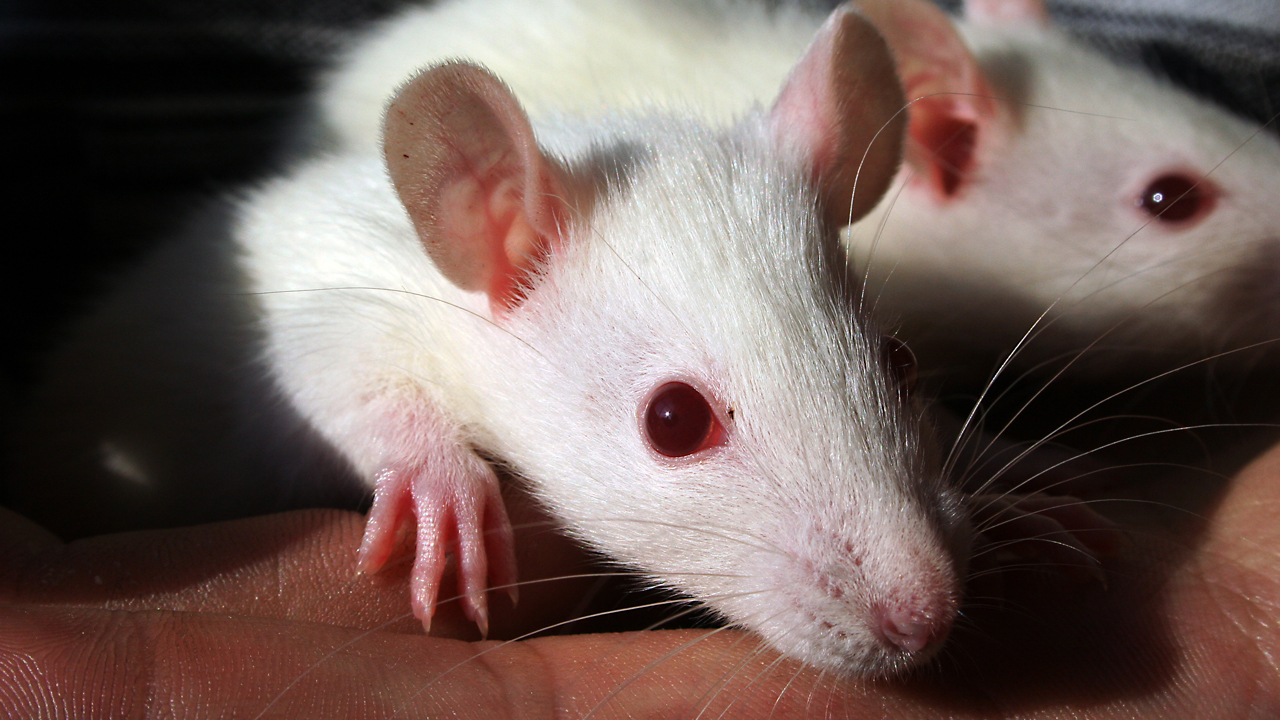A new study published in Proceedings of the National Academy of Sciences shows that a conditioned fear-triggering response to a particular stimuli can be transmitted from a rodent mother to her offspring.

The experiment gave adult female rodents mild electric shocks while exposed to the scent of peppermint. The rodents became conditioned to exhibit a fear response when exposed to this particular scent. Scientists then bred the females with males who hadn’t been exposed to the set of negative stimuli. Then, the mothers and babies were exposed to the scent together. Later, when the offspring exposed to the smell of peppermint, they exhibited a fearful response, despite having never experienced the painful shocks themselves.
The study controlled for possible changes in gene expression by shocking adult rodents that then acted as foster mothers to the pups. This yielded the same result. Though most knowledge gained at an early age is forgotten via “infantile amnesia,” the pups in this experiment retained the memory of their parents’ fears later on in life, a trait that humans who have been abused as children also demonstrate.
In rodents, it makes sense that this memory would take the form of scent, as the pups cannot see at this age. It’s not clear if the same kind of reaction would occur in humans.
Rachel Yehuda, a psychiatrist at Mount Sinai Hospital in New York, told the Verge that these results didn’t surprise her. “Your fears are not only a response to your personal challenges,” she said, “but those that your parents had as well,” she said, adding that this kind of fear transmission has been seen in the children of Holocaust survivors. Although, this sort of study would obviously not be possible with humans, due to ethical concerns. (Top image: @smercury98)


